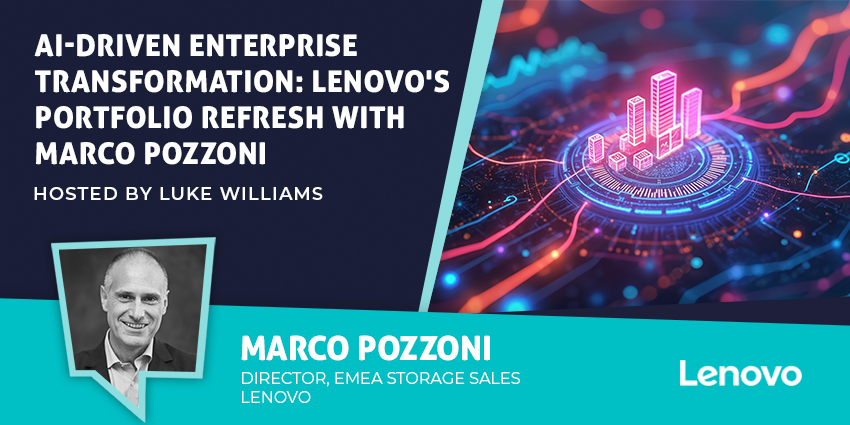Salesforce and Google have announced a big expansion of their strategic partnership in a seven-year, $2.5 billion agreement.
The partnership addresses a critical challenge in today’s rapidly evolving AI landscape, where innovations like autonomous agents emerge so quickly that businesses struggle to keep pace. By providing flexibility in model selection, the alliance helps enterprises avoid being locked into a single provider’s ecosystem, while capitalising on the strengths of both technology giants.
Salesforce X Google – A Closer look
Data Integration
‘Agentforce’ AI assistants will use Grounding with Google Search through Vertex AI, enhancing agents with up-to-the-minute data and credible citations. This secure data foundation greatly improves contextual awareness and evidence-backed responses.
For example, in supply chain management, an Agentforce agent could track shipments in Salesforce Commerce Cloud while proactively identifying potential disruptions using real-time data from Google Search; including weather conditions, port congestion, and geopolitical events. Availability of these features is expected in the coming months.
AI Model Access
Google’s Gemini models will be available within Agentforce in 2025, offering businesses:
- Multi-modal capabilities for interpreting images, audio, and text, enabling AI to recognise error codes in images and detect emotions in voice
- Expanded contextual understanding with a 2 million-token context window, allowing agents to retain and reference massive amounts of information
- Increased processing efficiency via Google’s Tensor Processing Units, delivering real-time responses even for complex queries
The companies provided a practical example: an insurance customer could submit a claim with photos of damage and an audio voicemail from a witness. Agentforce, using Gemini, could process all these inputs, assess the claim’s validity, and even use text-to-speech to contact the customer with a resolution.
Infrastructure and Trust
Salesforce’s unified platform (Agentforce, Data Cloud, Customer 360) will run on Google Cloud’s AI-optimised infrastructure with built-in security features like dynamic grounding, zero data retention, and toxicity detection through the Einstein Trust Layer. Once implemented, customers will be able to procure Salesforce offerings through the Google Cloud Marketplace.
Enhanced Service Integration
Salesforce Service Cloud will integrate with Google Customer Engagement Suite, bringing AI-powered capabilities including real-time voice translation, intelligent agent-to-agent handoffs across all channels, personalised agent recommendations, and AI-driven conversational insights.
The two companies are also exploring deeper integrations between Slack and Google Workspace; potentially enabling enterprise search in Slack to access Google Drive files, as well as easier information sharing between Gmail and Slack.
Industry Context and Impact
According to Salesforce research, agentic AI represents a staggering $2 trillion market opportunity, with 84% of CIOs believing AI will be as significant to businesses as the internet. This partnership positions both Salesforce and Google to be able to capitalise on this growing market while addressing enterprise demands for flexibility.
Thomas Kurian, CEO of Google Cloud, said:
Salesforce’s selection of Google Cloud as a major infrastructure provider means enterprise customers can now deploy critical applications on our highly secure, AI-optimised infrastructure — with minimal frictionl.
Srini Tallapragada, Salesforce President & Chief Engineering Officer, emphasised customer choice:
Through our expanded partnership with Google Cloud, we’re giving customers choice in the applications and models they want to use. Together we are creating the best place for businesses to scale with digital labor.
Early enterprise reactions have been positive. Fiona Tan, CTO of Wayfair, noted:
The partnership offers powerful new capabilities to personalize interactions and empower our teams to better serve our customers.
For enterprise clients, this partnership could reshape how AI is deployed across organisations:
Greater Model Flexibility
Businesses can leverage the strengths of both platforms, potentially leading to more customised AI solutions that better address specific challenges rather than being forced to choose between providers.
Enhanced Data Utilisation
The zero-copy architecture breaks down data silos while maintaining security, enabling more comprehensive insights across platforms and more accurate AI responses grounded in enterprise data.
Streamlined Procurement
The ability to acquire Salesforce offerings through Google Cloud Marketplace could simplify procurement processes and potentially provide cost efficiencies for organisations already invested in the Google ecosystem.
Cross-Platform Productivity
Deeper integrations between productivity tools could reduce friction when working across multiple platforms, potentially enhancing employee productivity and collaboration in increasingly digital workplaces.
The Future of AI Integration?
As this $2.5 billion partnership grows, it could give a glimpse into the future of enterprise AI deployment and integration.
Rather than forcing businesses to choose sides in the AI arms race, this collaboration between two tech giants acknowledges a fundamental truth: the future of enterprise AI may not belong to ‘walled gardens’ but to interconnected multi-provider ecosystems that prioritise customer choice and flexibility.
For forward-thinking organisations, this partnership offers more than just new technical capabilities—it represents a strategic blueprint for how AI might be democratised across the enterprise world.
In an era where adaptability determines survival, the companies that thrive may be those that embrace this new collaborative model, where the question isn’t “which AI?” but rather “how can multiple AIs work together to solve our unique challenges?”








